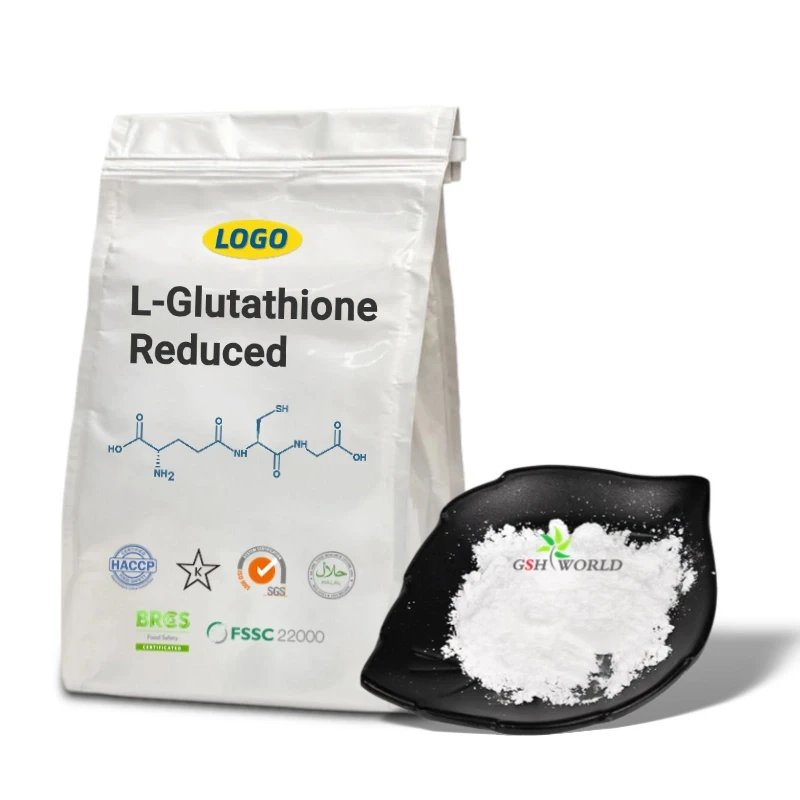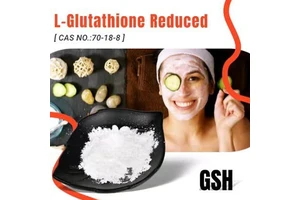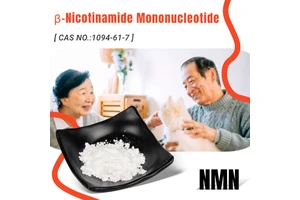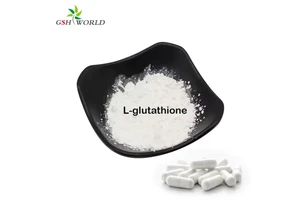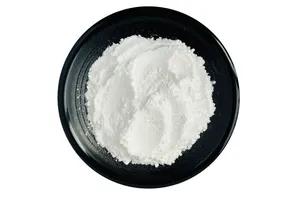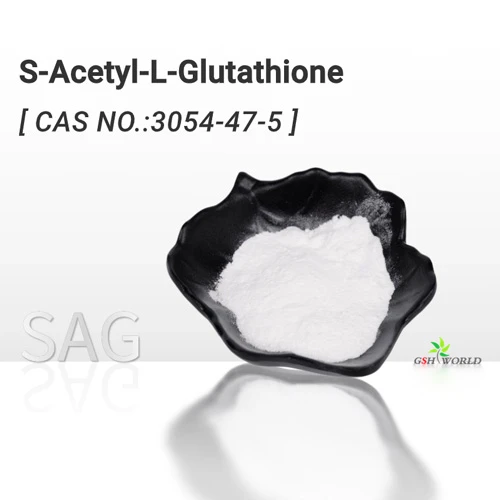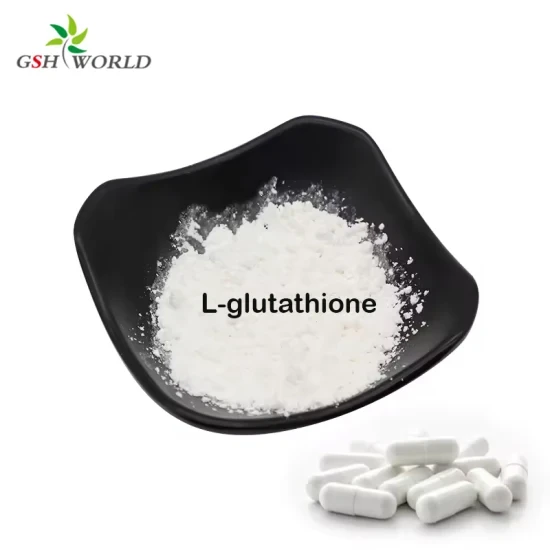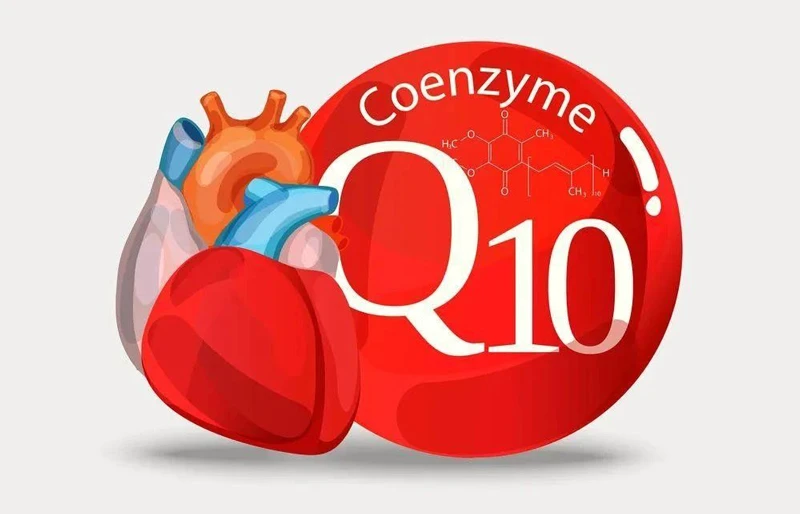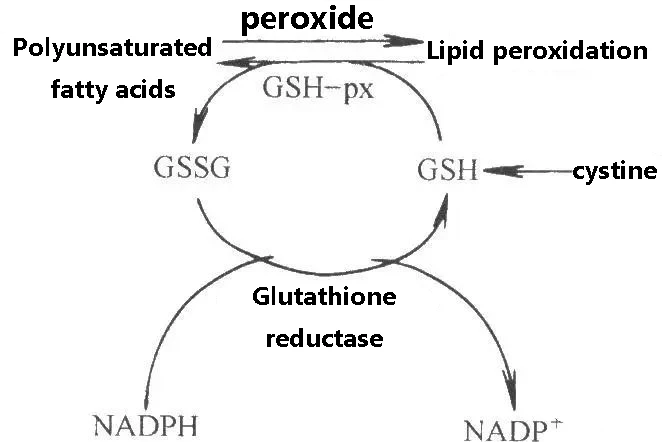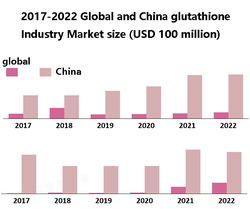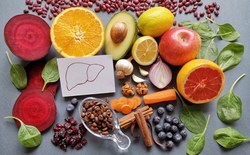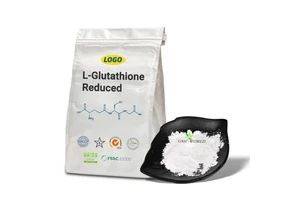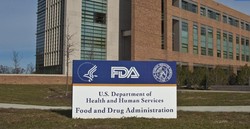Why is glutathione called a super antioxidant?
Glutathione (GSH) is a potent antioxidant produced in the liver that promotes longevity by reducing oxidative stress and enhancing cellular detoxification.
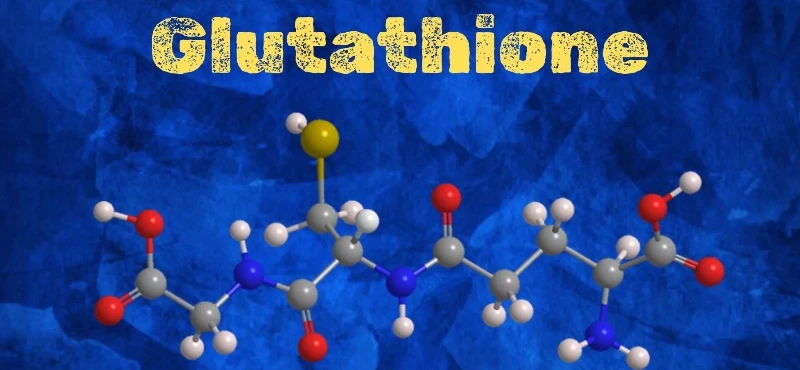
Abstract:
Glutathione (GSH) can improve multiple markers of aging, such as oxidative stress and mitochondrial dysfunction, making it a prime candidate for longevity interventions.
Pharmacist Dr. Nayan Patel's research highlights the effectiveness of transdermal GSH delivery, which provides better absorption and bioavailability.
In a recent episode of The Ultimate Human Podcast, host and human biologist Gary Breka interviewed pharmaceutical expert and clinical researcher Dr. Nayan Patel.
Two longevity enthusiasts delve into the science behind glutathione (GSH) : a powerful compound known as the "mother of all antioxidants."
What does glutathione do?
Glutathione is found in every cell and is one of the most abundant and potent antioxidants in our body. It is mainly made up of three amino acids: glutamine, cysteine and glycine.
Although this tripeptide is found in natural sources such as asparagus, avocado, and broccoli, it can also be produced in the liver. It plays an important role in the detoxification pathway, helping the body process and eliminate toxins, drugs and other harmful substances.
In addition to detoxifying cells, glutathione helps neutralize free radicals - unstable molecules that wreak havoc on cell structure. Free radicals are the inevitable negative products of the body's metabolic activity and exposure to environmental stress.
Free radicals can lead to an increase in oxidative stress, which is an accelerating factor and marker of aging and has been linked to countless age-related diseases.
Dr. Patel noted that while the production of free radicals is an unavoidable issue in our biology of promoting aging, we may be able to influence the rate of aging by suppressing free radicals with antioxidants such as GSH.
He believes that boosting our glutathione levels can strengthen the mechanisms in our bodies that mitigate the harmful effects of oxidative stress, thus promoting healthier aging.
Numerous studies have examined the role of glutathione in health and anti-aging. Notably, one study found that supplementing mice with GlyNAC, a compound that significantly boosts GSH levels, extended the rodents' lifespan by 24%.
Notably, when the study's researchers gave GlyNAC to older adults, the treated subjects showed better memory and physical performance.
The team believes that GlyNAC's anti-aging effect is due to several characteristics, including oxidative stress, inflammation, and mitochondria.
Supplementing with GSH could have a profound impact on human longevity, potentially extending life span and improving overall health.
Some other potential benefits of glutathione are:
- Increase fertility rate
- Enhanced cardiovascular health
- Protect DNA
- Improved insulin resistance
- Protective chemotherapy
Traditional glutathione supplementation methods, such as oral and intravenous, often face challenges in terms of absorption and practicality.
Dr. Patel explained that when the body ingests glutathione, it breaks down into its constituent amino acids, which are later reassembled by the body into glutathione.
Dr. Patel went on to point out that many people do not do this effectively.
Dr. Patel's innovative research focuses on transdermal administration of glutathione as a non-invasive and effective way to increase glutathione levels in the body.
His patented technology stabilizes glutathione in a water-based system that is absorbed through the skin to ensure its effectiveness.
Dr. Patel claims that this method can continuously promote the absorption of GSH and deliver it directly into the bloodstream, bypassing the harsh environment and metabolism of the digestive system.
Brecka touted Dr. Patel's glutathione product and said he sprayed it on his arm during the podcast and felt an immediate increase in energy and mental clarity.
While the results in the video are impressive, it's worth noting that the product's effects can vary from person to person.
NAD+ may enhance glutathione
In addition to sharing his research on transdermal drug delivery to boost glutathione levels, Dr. Patel also highlighted his research on nicotinamide adenine dinucleotide (NAD+).
NAD+ is not only essential for energy production, DNA repair, and mitochondrial maintenance, but also plays an important role in glutathione synthesis.
By supplementing NAD+ levels, which naturally decline with age, glutathione synthesis may increase, and with it our risk of age-related diseases may be substantially reduced.
The most common ways to supplement NAD+ include supplementing with precursors such as NMN and NR. Direct infusion of NAD+IV has also been tried clinically, although it is unclear whether this delivery method has superior benefits over oral precursors.
Oral precursors are usually effective because they are easily absorbed by cells and converted to NAD+. The same cannot be said for oral NAD+, as studies have shown that it is not absorbed by the gastrointestinal tract.
Dr. Patel claims that he has developed a "stable" form of NAD+, but given oral limitations, he is conducting extensive research into optimizing delivery methods, with a focus on local, sublingual and nasal delivery.
Dr. Patel noted that this type of research will take many years to complete, but he is excited about the potential for NAD+ and glutathione to enhance human health and longevity.
Glutathione has a promising future in longevity research
Glutathione has the ability to enhance detoxification and anti-aging (such as oxidative stress and mitochondrial dysfunction), making it the first choice for longevity interventions.
Dr. Patel's advances in transdermal glutathione delivery also suggest that we may be able to improve cell bioavailability and thus potentially benefit humans from glutathione.
Given the lack of extensive human studies, it is too early to determine these benefits.
For those interested in exploring the intricacies of glutathione (GSH), consider reading Dr. Patel's book, The Glutathione Revolution, which delves into the science and benefits of this indispensable antioxidant.
reference
Adeoye O, Olawumi J, Opeyemi A, Christiania O. Review on the role of glutathione on oxidative stress and infertility. JBRA Assist Reprod. 2018 Mar 1;22(1):61-66.
G. Lelli et al., The role of reduced glutathione on oxaliplatin-induced neuropathy in colorectal cancer patients. JCO 25, 19539-19539(2007).


